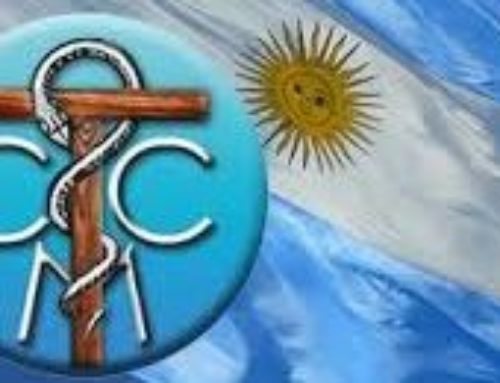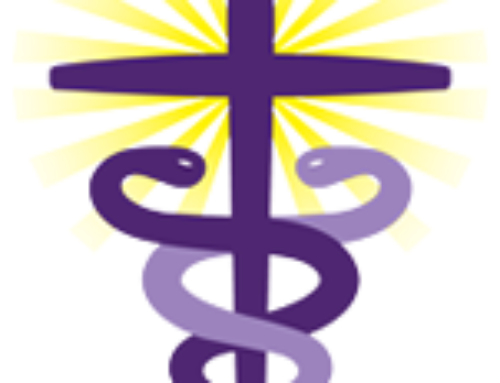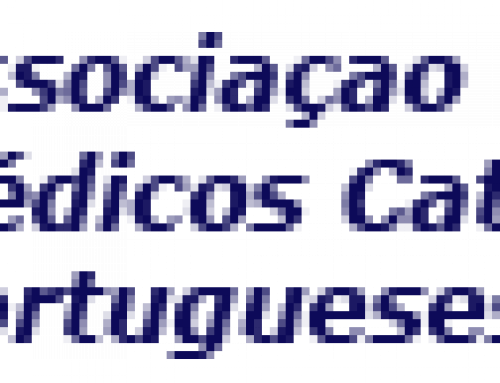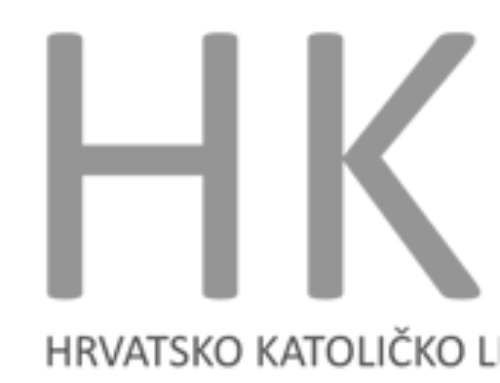The Association of Slovenian Catholic Doctors (ZSKZ) is a professional association that connects Catholic doctors, dentists and other health professionals and represents, promotes and advocates for Catholic principles in healthcare.
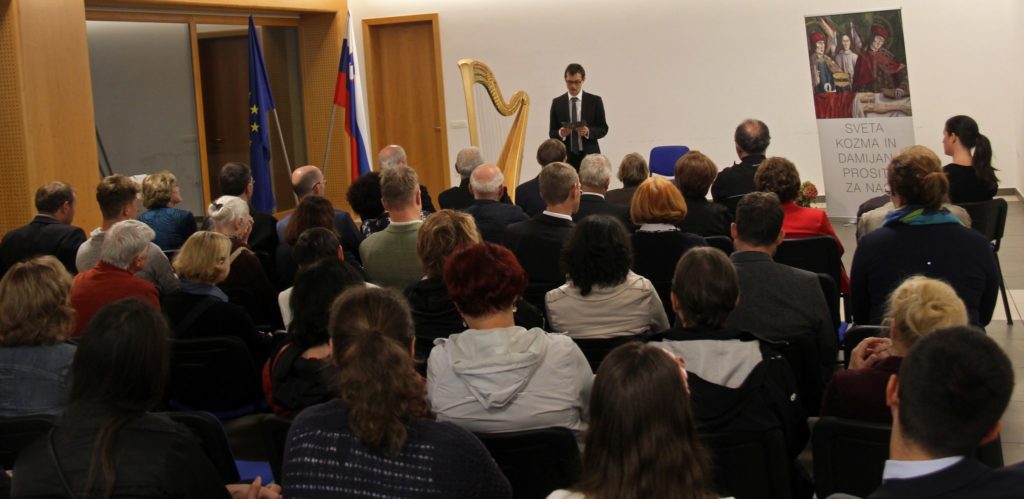
Our Association is non-profit, non-political and voluntary. We pursue our goals:
– promoting Catholic ethics in health care
– care for personal spiritual growth of members of the association
– educating members according to the principles of medical ethics
– forming opinions from the point of view of medically moral-ethical issues, taking into account the doctrine of the Magisterium of the Church
providing the Slovenian Church with credible reports and practical advice in the medical and moral field
– representation of Catholic principles in the medical field in society
– cooperation with other Catholic associations
– liaising with the European and International Federation of Catholic Physicians’ Associations FEAMC and FIAMC.
Catholic doctors began to be connected by P. Marijan Šef at the end of the sixties of the last century. As a theologian and physician, he contemplated the creative relationship and dialogue between Christianity and medicine. At St. Peter’s He organized the first course on medical and ethical problems to Jacob in Ljubljana in 1969. Five evenings, doctors and moral theologians devoted themselves to dialogue between Christianity and medicine. In the same year, medical professionals began to gather once a month during medical-ethical conversations. In the eighties, P. Boss replaced the meetings with special lectures on medical-ethical issues within the framework of pastoral medicine at the Faculty of Theology.
These lectures talked about the attitude towards the mission of Christians in suffering and sickness, about the attitude of Christianity to essential issues of sexuality, to death and the afterlife, about the monitoring of the seriously ill and dying, about pastoring the follow-up of the bereaved, about the fundamental attitudes of medical ethics towards professional dilemmas in medicine, about the special problems of modern medicine in relation to the beginning and end of human life, on manipulation in medicine, on the role of faith in the healing process …
For theology students, P. Šef organized practical interview exercises with the elderly in nursing homes. He and his colleagues prepared meetings of doctors with guests from abroad, who presented medical-ethical views on current problems in medicine, such as contraception and natural birth control, abortion, euthanasia … At one such meeting, the thought arose that health professionals would organize themselves as an association.
The Society was founded on October 6, 1990 with the purpose of connecting religious people working in healthcare: doctors, dentists, nurses and technicians, X-ray technicians, physiotherapists, pharmacists and others who work with the sick and wish to fully practise their vocation in the spirit of the Gospel of Christ and in accordance with the Catholic Church and its ethics.
In the first years, members had 1-2 lectures per year, followed by a three-year period of monthly club nights (8 per year), and from 1995 the internal newsletter ECCE HOMO was occasionally published (until 2008). Thus, the goals of the association were achievable to a wider circle of members and other colleagues.
In 1992, the Association was admitted to the FEAMC and two years later to the FIAMC. Until 2006, they had fairly regular contacts with both international organizations and attended congresses and meetings.
The association directs the Ethical Recommendations for Catholic Physicians as prepared by the FIAMC Biomedical Ethics Center in 1990.
The members of the Association seek “to believe in the truths of the Catholic faith, to live by its principles, and also to follow a code of ethics based on the nature and dignity of the human person and on the principles of human justice, enriched by the teaching of Christ and that of the Catholic Church.
It is a special honour for a Catholic doctor to testify to the Christian faith through an exemplary life, genuine love for the sick, especially the poor and the disadvantaged, and not to hide Christian orientation and moral principles, but always to respect the patient’s beliefs.
When a Catholic doctor tries to do everything in human power to repel illness and heal the sick, he is also aware of Christ’s words: “You cannot do anything without me,” and always prays to God for help and guidance.” (Ethical recommendations)
Petra Grimani
Presentation – Association of Slovenian Catholic Doctors (katoliski-zdravniki.si)


